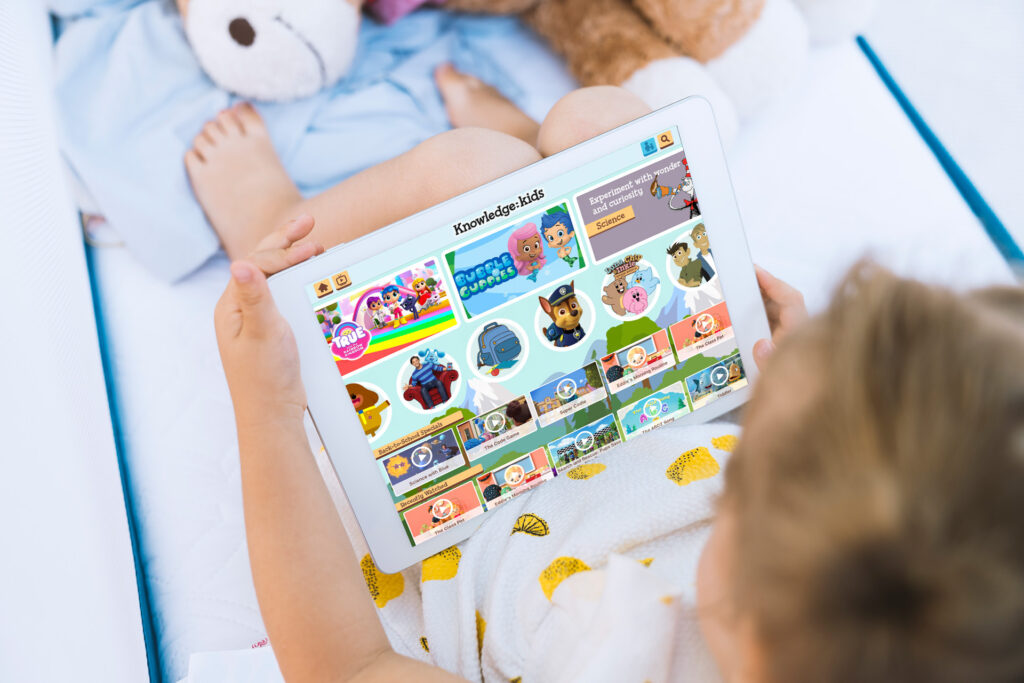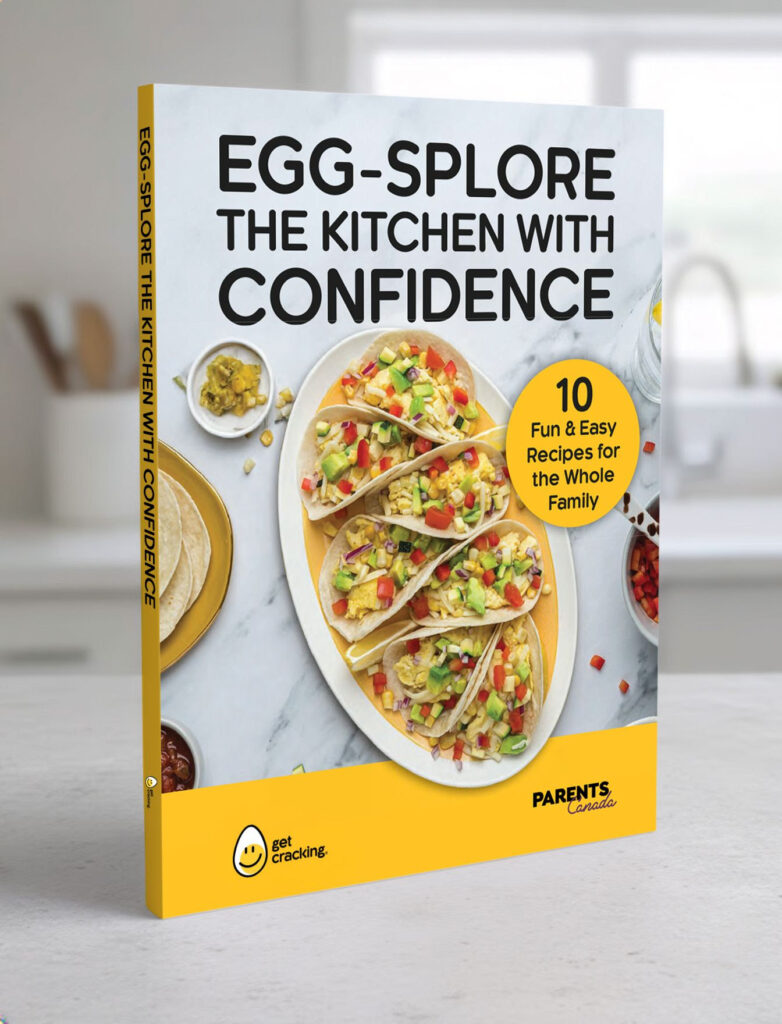I hate parents.
Narcissistic, panicked, boring. Not every one, not all of the time, but enough of them enough of the time to make you feel exhausted by the lot.
This, of course, includes me. I photograph and blog about the kids (narcissism, check) and have seen others eyes glaze over when I talk about them (boring, check). It’s that other one that I like to focus on – the panic. I often joke that the word “parent” is Latin for “panic.” Don’t look it up, it’s actually “terrorem.”
We worry about whether they’ve got their coats on in the winter. We worry about the C on the latest math test. We worry whether or not they’ve got play dates set up for the weekend. There’s not a lot I envy about previous generations, but the sense of perspective that they seemed to have about kids on the average day seems about right to me.
Today, we’ve got bookshelves teeming with advice, mommy bloggers as celebrities and more hockey dad scowls than should be allowed in an affluent society. And why? Why on earth are we so panicked about the state of our kids? Part of it has to be our instant gratification culture, the need to always be doing the right thing, no matter how insignificant it might seem. At the same time, we’re looking to the horizon, looking to find a way to give our kids the best life possible.
The best life possible. What does that even mean?
By asking that question, I find that I’m able to manage the panic, and actually turn it into something that’s helpful for me, and more importantly, helpful for my little ones.
There's this perfect little sound my daughter makes (narcissism). She doesn't know it, but when I hear it, I am lifted — partly because I feel I did something right, but mostly because I just saw her take an important step towards the best life possible.
The sound is the subtle and unmistakable tone of confidence in her voice.
On Monday night, she sat at the kitchen table, frustrated and overwhelmed by a seemingly simple task — a word problem in math. She's done them before. She's done subtraction before. She often struggles of she isn't directed to some degree.
There’s the reason for any parent to panic. She won’t keep up with curriculum! She won’t go to a good university! She will be unhappy and live in a cardboard box!
Shuffling through these fears is when it hit me. None of these things really matter. Fitting the curriculum doesn’t matter. Going to university doesn’t matter. Living in a cardboard box doesn’t matter. If these are the things I’m coaching her towards, I’ve missed the point entirely. You see, as much as we want the best for our kids, it’s not really our decision on what that “best” looks like (and yes, I’m discounting other factors like mental health that may change the playing field for a child).
Instead, what I want most for my kids is this – I want them to be in a position where they can make the choice to direct the life they want. That’s it. That’s the finish line. Whether they end up happy or successful isn’t exactly up to me. If I can empower them and show them what they need to do to take control of their own lives, they’ll end up where they’re supposed to end up.
That idea – get them to where they can make the choice – has drastically changed the way I parent. I’m less interested in managing day-to-day malarkey. Instead, I look for patterns and things that will impact the ability to make future choices. I know my 12-year-old needs to care about things that are important, and so I put things in his way that help him realize that. I watch the seven-year-old to see what’s causing her frustration. It fits a pattern, a pattern I addressed and created that ring of confidence in her voice. Ultimately, by looking at this in the context of the goal, I’m able to offer the type of guidance that makes a long-term difference.
I may hate parents, but I have to parent. I just want to cut through all of the detritus of it all to enjoy our lives and give the kids what they truly, truly need.










